Curious Questions: Do you get wetter running or walking in the rain?
Does running in the rain get you out of it quicker? Or do you just run into more water more quickly Martin Fone, author of 'Fifty Curious Questions', investigates.
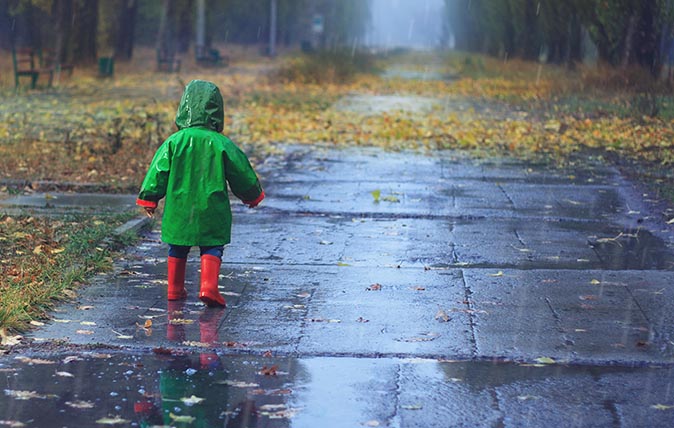

I’m sure you’ve been there too. You are out for a walk without a jacket or an umbrella, and what was a bright blue sky when you set out suddenly turns grey. It starts to rain.
What to do? You either run to the nearest shelter and wait until the shower passes over, or you carry on, curse your stupidity for not bringing an umbrella, and get wet. An everyday scenario for sure, but for the enquiring mind, it poses a very real question: Do you get wetter if you run or walk in the rain?
Naturally, greater brains than mine have pondered this question. Two obvious approaches can be adopted to derive the truth: the empirical and the abstract. Let’s deal with the empirical first. I am indebted to the ever popular journal Health for this account of an experiment conducted by Thomas Peterson and Trevor Wallis, two members of the National Climatic Data Center in the United States.
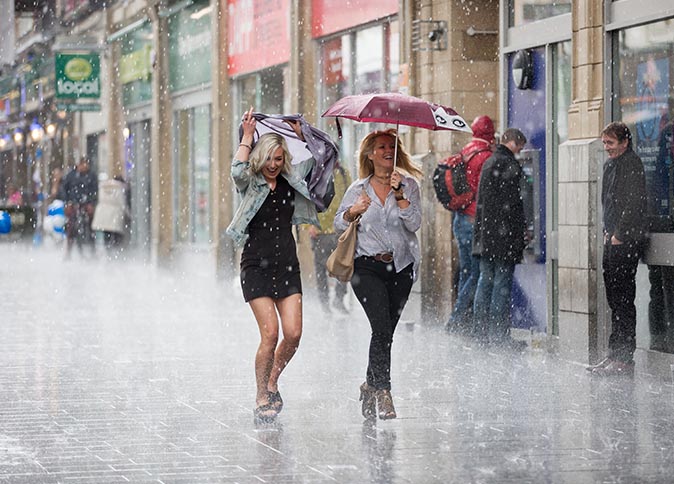
Naturally, they required a rainy day to conduct their experiment. When conditions were judged to be ideal, they put on identical track suits and hats. To prevent their underwear from absorbing any of the rainwater and thereby invalidating the results, they wore plastic rubbish bags underneath their trackies.
Having identified earlier a suitable hundred-metre course, they set off, Peterson walking and Wallis running.
Once they had completed their course and had got back into the dry, they removed their outer clothing and weighed it. Peterson’s clothing had absorbed 7.5 ounces of water whereas Wallis’s had sucked up just 4.5 ounces. The obvious conclusion from the empiricists was that you get wetter walking in the rain than running.
And now to the more rigorous scientific approach. The bellwether for the algebraic approach to answering our poser is Harvard mathematician David E Bell, who published what many consider to be the definitive analysis in the Mathematical Gazette in 1976.
Exquisite houses, the beauty of Nature, and how to get the most from your life, straight to your inbox.
He developed an algebraic formula, fearsome to the untrained eye, which (if I am correct in my interpretation) suggests that if the rain is falling vertically or the wind is blowing in your face, you should run. Indeed, the faster you run, the less wet you will be over a defined distance.

Yet if the wind is blowing from behind you, things change. The optimal speed at which you should run to minimise how wet you get is the speed of the wind. ‘The solution is to keep pace with the wind if it is from behind; otherwise, run for it,’ was Bell’s conclusion.
In case you think that you need to emulate Usain Bolt to reduce the extent of your soaking, Bell’s formula suggests that running at what would be an Olympic record-breaking pace (making no allowance for the use of illegal stimulants) would reduce your soaking by only 10 per cent.
Of course, as long as there is a problem, people will always take contrary stances. Alessandro de Angelis, a physicist at the University of Udine in Italy, espoused an alternative interpretation in an article in Discovery magazine. Although my research has failed to unearth the formula he used, he calculated that when you compare a sprinter who runs at 22.4 miles per hour with a walker who goes at 6.7 miles an hour – a cracking pace, in my view, since most people naturally walk at around 3mph – the sprinter will be only 10 per cent drier. Ergo running isn’t worth the bother.
This is a conclusion I have a lot of empathy for as any form of energetic exercise is anathema to me.
So next time I’m out and get caught by a shower, I shall just curse my stupidity for forgetting my umbrella and carry on my merry way. I’m going to get wet whether I run or walk, and to reduce the degree of my soaking by expending unnecessary energy just doesn’t seem worth it.
Martin Fone is author of 'Fifty Curious Questions', from which this piece is an excerpt – find out more about his book or you can order a copy via Amazon.
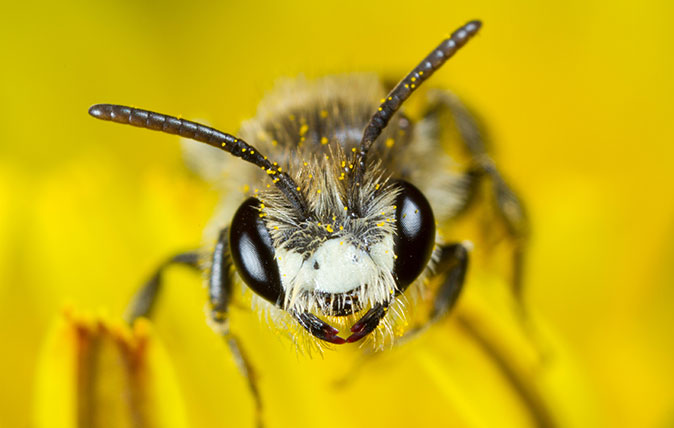
Credit: Alamy
Curious Questions: Are bees really busy?
We've all used the phrase 'busy as a bee' – but is it justified? Or are bees just as liable
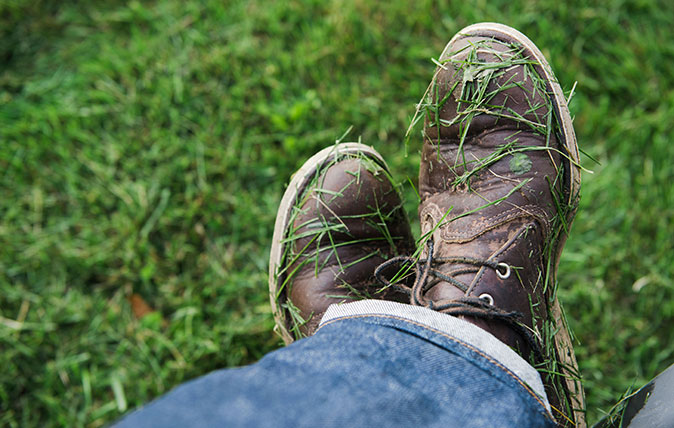
Credit: Alamy
Curious Questions: Why does freshly-mown grass smell so good?
Nothing says 'Spring is here' better than that wonderful aroma of newly-cut lawn. Martin Fone, author of 'Fifty Curious Questions',
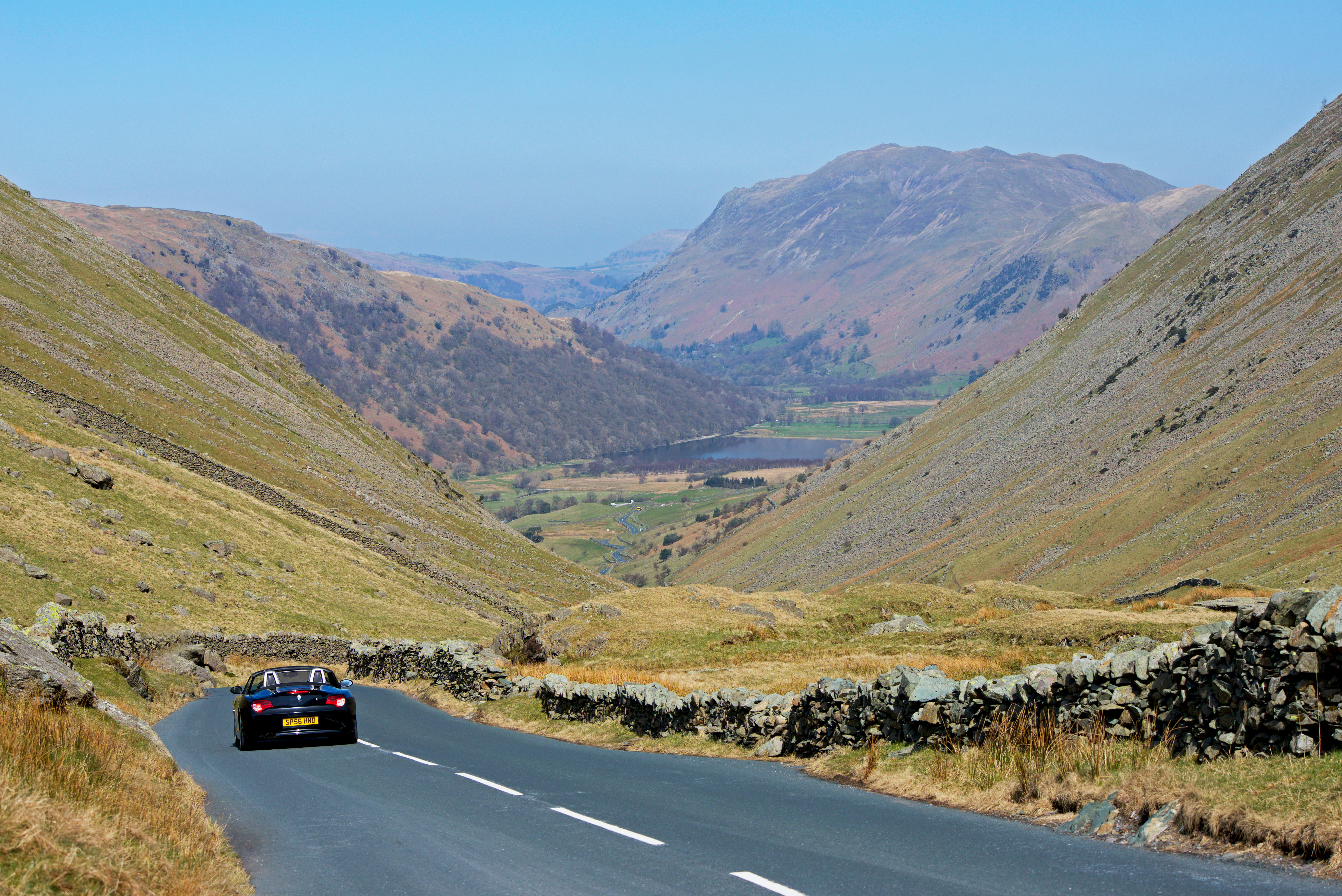
Curious Questions: Why do the British drive on the left?
The rest of Europe drives on the right, so why do the British drive on the left? Martin Fone, author

Curious Questions: How do you make the perfect cream scone?
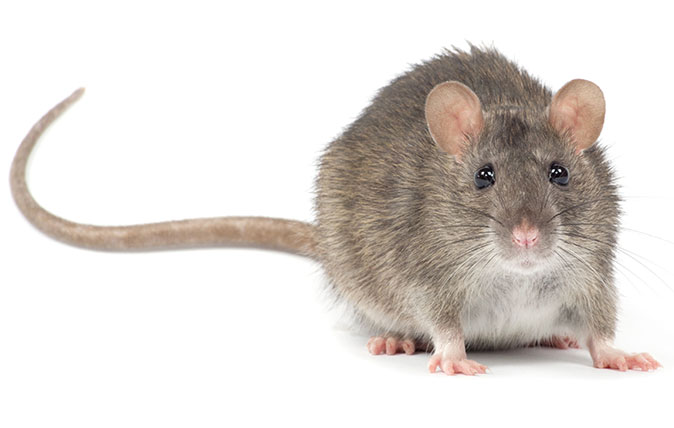
Credit: Alamy
Curious questions: Are you really never more than six feet away from a rat?
It's an oft-repeated truisim about rats, but is there any truth in it? Martin Fone, author of 'Fifty Curious Questions',

Credit: alamy
Curious Questions: Why is a day divided into twenty-four hours?
We've been counting things in convenient chunks of ten for thousands of years, so why on earth is a day

Credit: Alamy
Curious Questions: Do carrots really help you see in the dark?
We've all been given the familiar advice by parents anxious to get us eating our vegetables, but is there any

Credit: Photo by FLPA/Hugh Lansdown/REX/Shutterstock – Bullet Ant (Paraponera clavata) adult, standing on leaf in rainforest, Tortuguero N.P., Limon Province, Costa Rica
Curious Questions: What is the world’s most painful insect sting – and where would it hurt the most?
Can you calibrate the intensity of different insect stings? Martin Fone, author of 'Fifty Curious Questions', investigates.
After graduating in Classics from Trinity College Cambridge and a 38 year career in the financial services sector in the City of London, Martin Fone started blogging and writing on a freelance basis as he slipped into retirement. He has developed a fearless passion for investigating the quirks and oddities of life and discovering the answers to questions most of us never even think to ask. A voracious reader, a keen but distinctly amateur gardener, and a gin enthusiast, Martin lives with his wife in Surrey. He has written five books, the latest of which is More Curious Questions.
